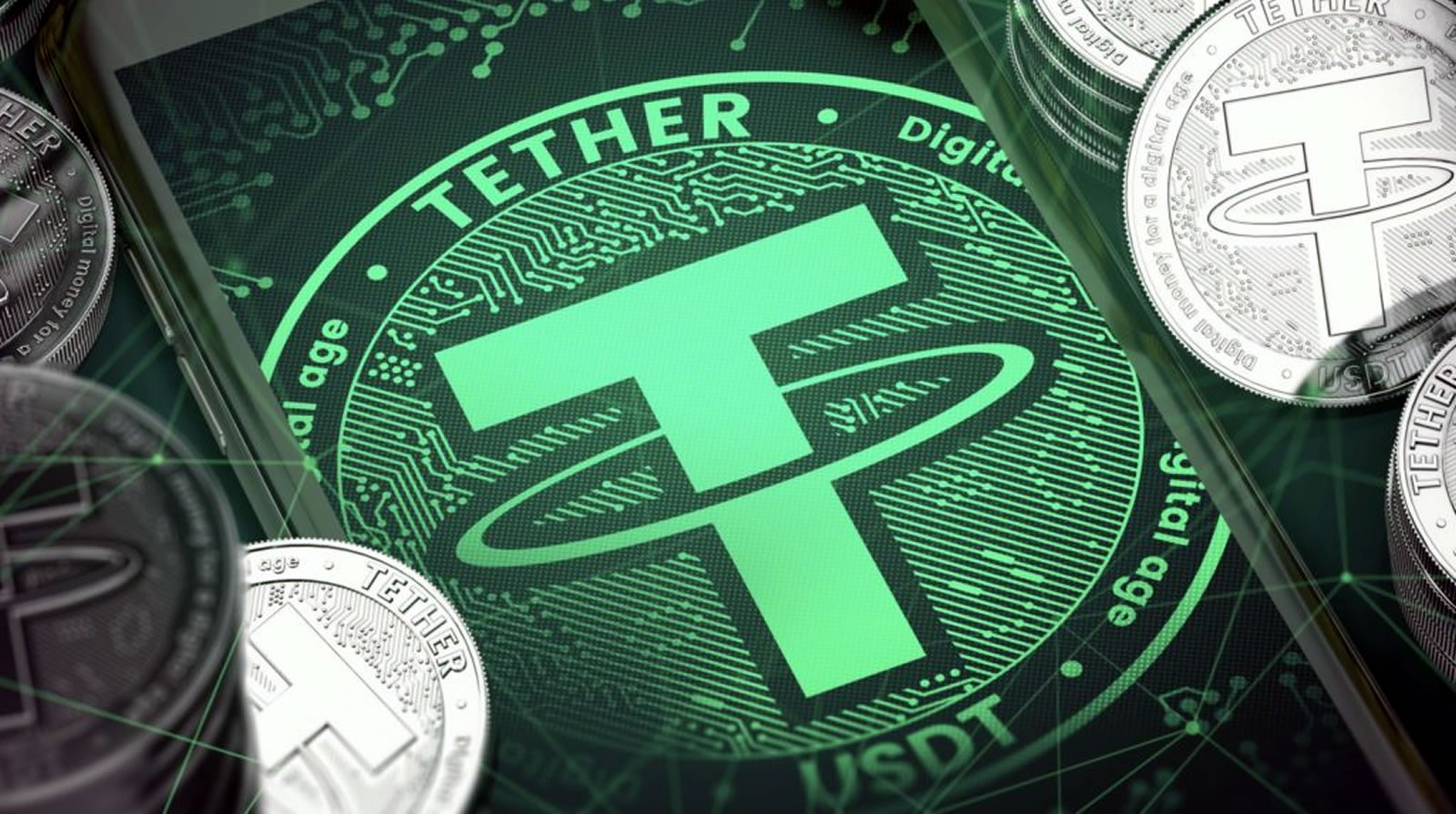EU Sanctions Prompt Tether to Freeze $27 Million on Russian Exchange Garantex
06.03.2025 20:00 2 min. read Alexander Stefanov
Tether has taken a significant step by freezing $27 million worth of USDt on the Russian crypto exchange Garantex, which has led to the platform halting its operations.
Garantex shared the news on March 6 through its Telegram channel, stating that the frozen funds amount to over 2.5 billion rubles. As a result, the exchange temporarily suspended all services, including withdrawals, while its website undergoes maintenance.
This action comes shortly after the European Union sanctioned Garantex as part of a broader set of sanctions against Russia’s actions in Ukraine, announced on February 26. Garantex warned its users that all USDT held in Russian wallets is now at risk, emphasizing its commitment to fight these measures.
The EU’s sanctions follow similar actions by the U.S. Department of the Treasury’s Office of Foreign Assets Control (OFAC), which had already imposed restrictions on Garantex in April 2022. Garantex, a Russian crypto exchange established in late 2019, was originally registered in Estonia but largely operates out of Moscow and Saint Petersburg.
Despite being excluded from major crypto data platforms, Garantex’s trading volumes have reportedly surged by over 1,000% in the last three years, reaching $121.6 million in daily volume in early March 2025.
While Tether’s action may not significantly impact the global crypto market, it has drawn attention in Russia, where local lawmakers suggest that the freeze could be the first of many Western pressures on the crypto industry. However, they also argue that completely blocking the Russian crypto market remains unfeasible.
-
1
Exchanges Step Up Defense as Hackers Target Crypto Platforms
18.05.2025 11:00 2 min. read -
2
European Police Break Up Crypto-Backed Criminal Network in International Raid
16.05.2025 15:00 1 min. read -
3
Nearly 70,000 Accounts Compromised in Coinbase Insider Breach
22.05.2025 22:00 1 min. read -
4
Sui Network Moves to Restore $162M After Cetus Hack
30.05.2025 19:00 2 min. read -
5
After $220M Breach, Cetus Offers Hacker Deal as Sui Debates Control
24.05.2025 10:00 2 min. read
FBI Seizes $17M in Crypto as Major Dark Web Marketplace Collapses
An extensive international cybercrime network has been brought down after law enforcement seized 145 domains linked to BidenCash, a notorious online marketplace that thrived on trading stolen credit card data and compromised digital identities.
Crypto Hacks Shift Toward Social Engineering in 2025
Hackers in the crypto world are changing course, moving away from exploiting smart contracts and turning their focus toward tricking users directly.
Coinbase Under Fire Over Months-Long Silence on Major Data Breach
Coinbase is now facing mounting scrutiny after it allegedly sat on a serious data breach for over four months, exposing the personal information of nearly 70,000 users before taking action.
$11.5M Crypto Heist at BitoPro Revealed Weeks After Breach
A major security lapse has rocked Taiwan-based crypto exchange BitoPro, which quietly suffered an $11.5 million hack earlier in May but failed to alert users for weeks.
-
1
Exchanges Step Up Defense as Hackers Target Crypto Platforms
18.05.2025 11:00 2 min. read -
2
European Police Break Up Crypto-Backed Criminal Network in International Raid
16.05.2025 15:00 1 min. read -
3
Nearly 70,000 Accounts Compromised in Coinbase Insider Breach
22.05.2025 22:00 1 min. read -
4
Sui Network Moves to Restore $162M After Cetus Hack
30.05.2025 19:00 2 min. read -
5
After $220M Breach, Cetus Offers Hacker Deal as Sui Debates Control
24.05.2025 10:00 2 min. read


